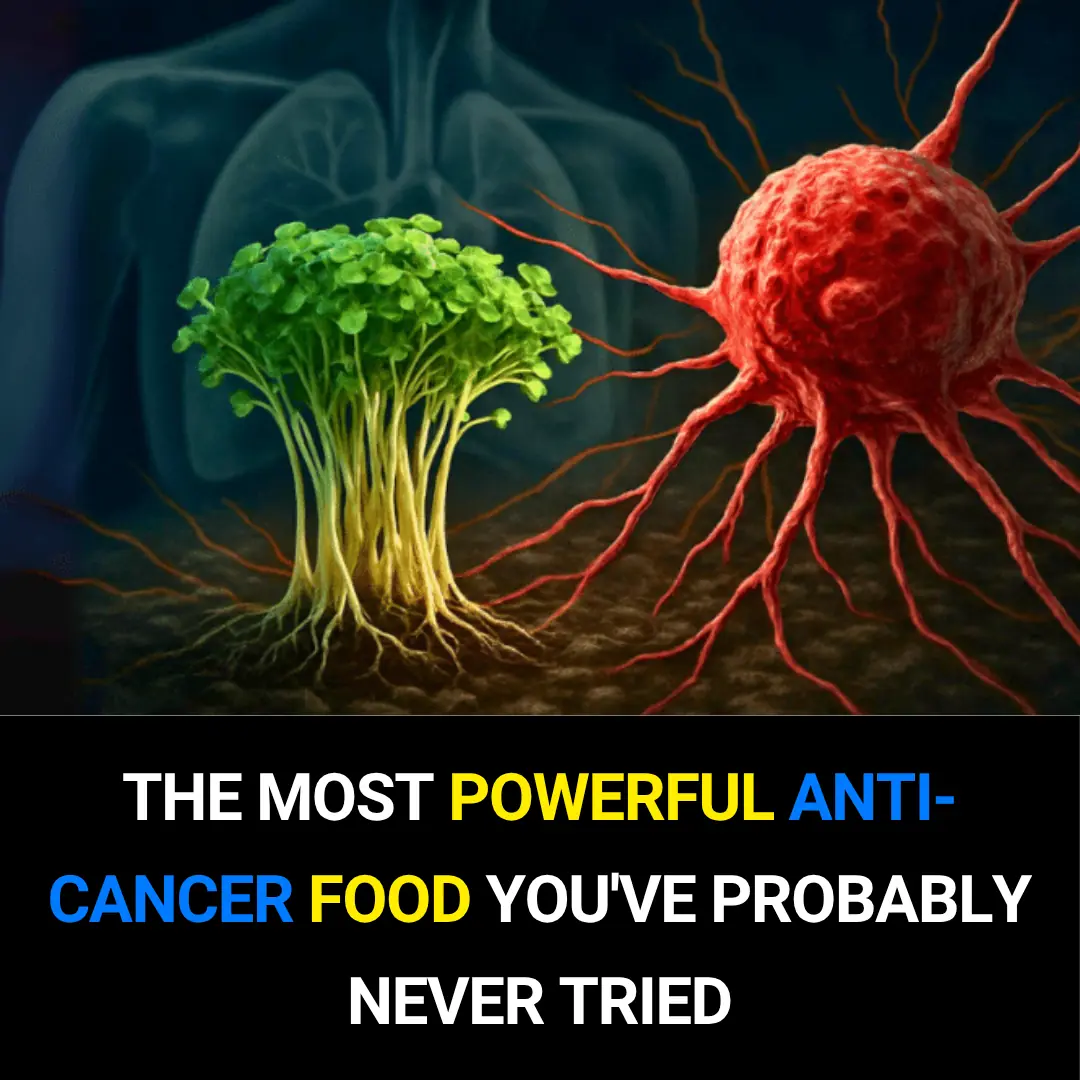
Identify enoki mushrooms soaked in formaldehyde poison thanks to 5 typical signs

How to Identify Enoki Mushrooms Soaked in Toxic Formaldehyde: 5 Telltale Signs
Enoki mushrooms are a familiar ingredient in many households, loved for their mild flavor and versatility in dishes such as hot pot, soups, and stir-fries. However, behind their clean white appearance, some enoki mushrooms sold on the market may have been treated with formaldehyde—a toxic substance that poses serious health risks when ingested.
What Is Formaldehyde and Why It’s Dangerous
Formaldehyde is a powerful preservative commonly used in industrial applications. It can inhibit the growth of bacteria and mold, extend the shelf life of products, and give food a fresher, more appealing look.
In nature, formaldehyde actually exists in small amounts within many foods. All living organisms—including humans—naturally produce formaldehyde during normal metabolic processes. For example, the one-carbon cycle uses folate to synthesize amino acids and DNA precursors, during which trace amounts of formaldehyde are formed.
Similarly, plants and animals (including the ones we eat) also generate formaldehyde as part of their metabolism. It’s also found naturally in the environment, especially from decomposing plants, and breaks down quickly in the air. Therefore, the natural amount of formaldehyde in food is extremely low and harmless to humans.
The problem arises when people intentionally add industrial formaldehyde to preserve food. Unscrupulous sellers sometimes soak enoki mushrooms in this chemical to make them appear whiter, firmer, and fresher for longer—even after days of storage. Consuming such mushrooms regularly can lead to serious long-term health issues.
Health Risks of Formaldehyde Exposure
Formaldehyde is absorbed slowly by the human body and can accumulate over time. Prolonged exposure may lead to digestive disorders, liver and kidney damage, nerve toxicity, and most alarmingly, an increased risk of cancer.
For vulnerable individuals such as children, the elderly, and pregnant women, even short-term consumption of formaldehyde-contaminated foods may cause acute symptoms like nausea, vomiting, abdominal pain, or severe diarrhea. Therefore, recognizing the signs of chemically treated mushrooms is crucial to protect your health and your family’s well-being.
5 Signs to Identify Enoki Mushrooms Containing Formaldehyde
1. Unnaturally White Color
Normally, enoki mushrooms begin to wilt and turn slightly brown or black after being exposed to air for a while. If the mushrooms stay bright white and unnaturally fresh for several days without refrigeration, they may have been soaked in formaldehyde to preserve their color.
2. Unusual or Chemical Odor
Fresh, safe enoki mushrooms have a light, pleasant earthy smell typical of mushrooms. In contrast, mushrooms treated with formaldehyde often have no scent or give off a pungent, chemical-like odor—similar to disinfectant or antiseptic. If you detect this sharp smell while shopping, avoid buying the product even if it looks visually appealing.
3. Brittle Texture and Lack of Elasticity
Fresh mushrooms should feel soft and slightly springy to the touch. Those preserved with chemicals tend to feel dry, stiff, or brittle, breaking easily when bent. This is because formaldehyde firms up the tissues, extending shelf life but stripping away the mushroom’s natural tenderness.
4. Water Test: Discoloration or Odor
Here’s a simple and effective home test. Soak enoki mushrooms in clean water for about 10–15 minutes. If the water becomes cloudy, yellowish, or emits a chemical odor, the mushrooms were likely treated with formaldehyde.
Clean mushrooms, on the other hand, will only slightly cloud the water and won’t produce any strange smell. This method works well for other vegetables and dried goods too.
5. Unusually Long Shelf Life

Normally, enoki mushrooms last 2–3 days at room temperature and up to 5–7 days in the refrigerator. If your mushrooms remain pristine, white, and odorless after a week or longer, chances are they contain chemical preservatives such as formaldehyde.
Safe Ways to Clean Enoki Mushrooms Before Cooking
Besides purchasing mushrooms from reputable suppliers with clear labeling and certification, proper cleaning is key to minimizing potential chemical residues. Here are some safe and effective methods:
1. Rinse Thoroughly Under Running Water
Trim off the root ends and rinse the mushrooms several times under running water. Pay attention to the gaps between stems to remove dirt and possible surface residues.
2. Soak in Salt Water
Dissolve a teaspoon of salt in a bowl of clean water, then soak the mushrooms for 5–10 minutes. Salt water not only removes dirt but also kills some bacteria and helps reduce unpleasant odors, leaving the mushrooms whiter and fresher for cooking.
3. Clean with Baking Soda Solution
Baking soda is a natural cleaning agent that helps neutralize acidic or chemical residues. Soak the mushrooms in a mild baking soda solution for about 5 minutes, then rinse thoroughly with fresh water. This method is gentle and safe for everyday use.
4. Blanch in Hot Water
Briefly blanch the mushrooms in boiling water for 1–2 minutes, then rinse with cold water. Blanching helps remove surface formaldehyde and bacteria while making the mushrooms softer and easier to digest. It’s especially recommended if you’re planning to use them in salads or hot pot.
5. Rinse with Diluted Vinegar
For extra precaution, you can wash the mushrooms in a diluted vinegar solution. The mild acidity of vinegar helps neutralize odors and kill bacteria. However, avoid soaking too long—just rinse quickly and then wash again with clean water to preserve the mushroom’s natural flavor.
Final Tips
To ensure food safety, always buy mushrooms from trusted brands or certified markets, store them properly, and cook them thoroughly. While enoki mushrooms are a healthy, low-calorie ingredient rich in fiber, vitamins, and antioxidants, their benefits can be overshadowed if they’re contaminated.
A few minutes of careful inspection and cleaning can protect your family from potential harm and help you enjoy this delicious ingredient safely.
News in the same category

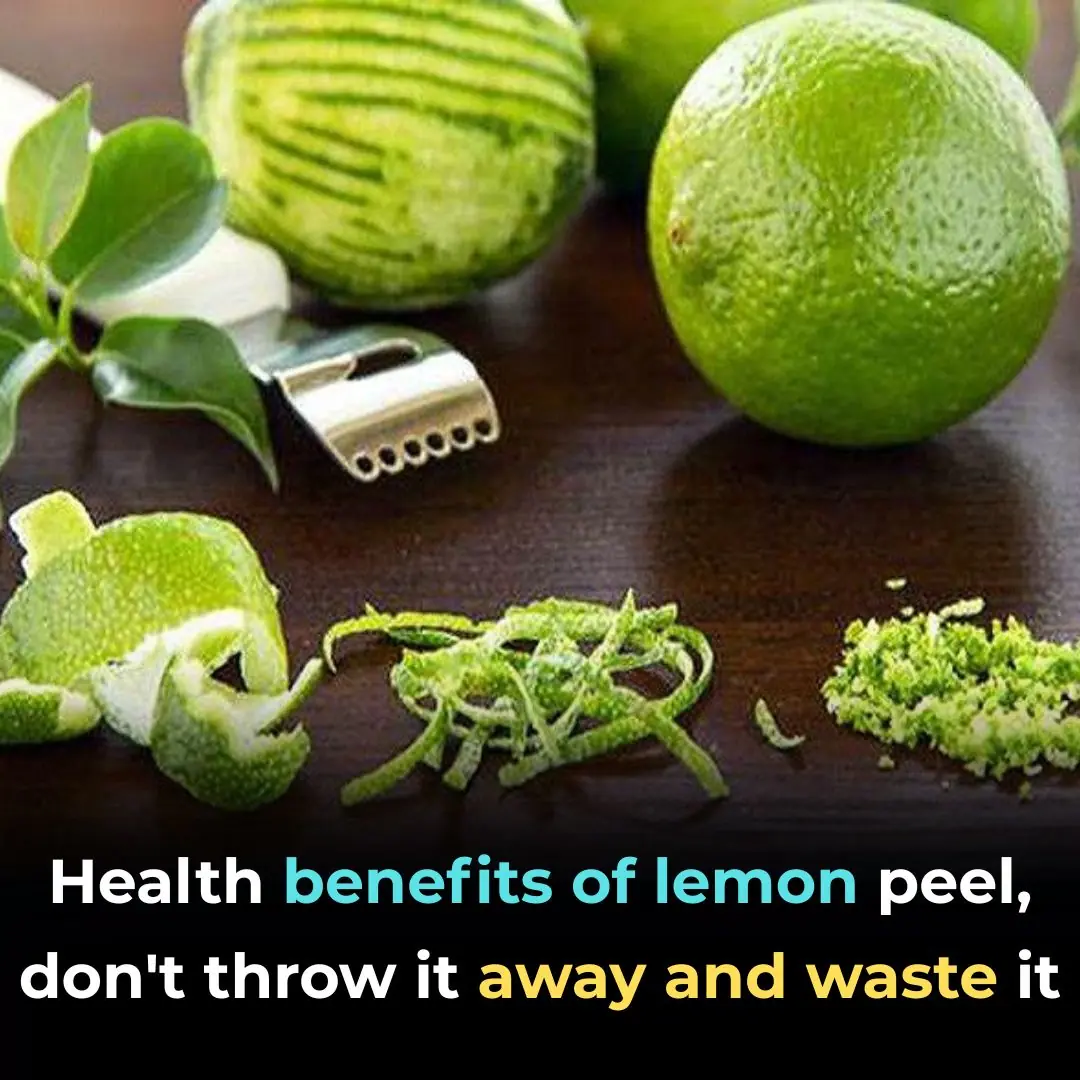
Health benefits of lemon peel, don't throw it away and waste it
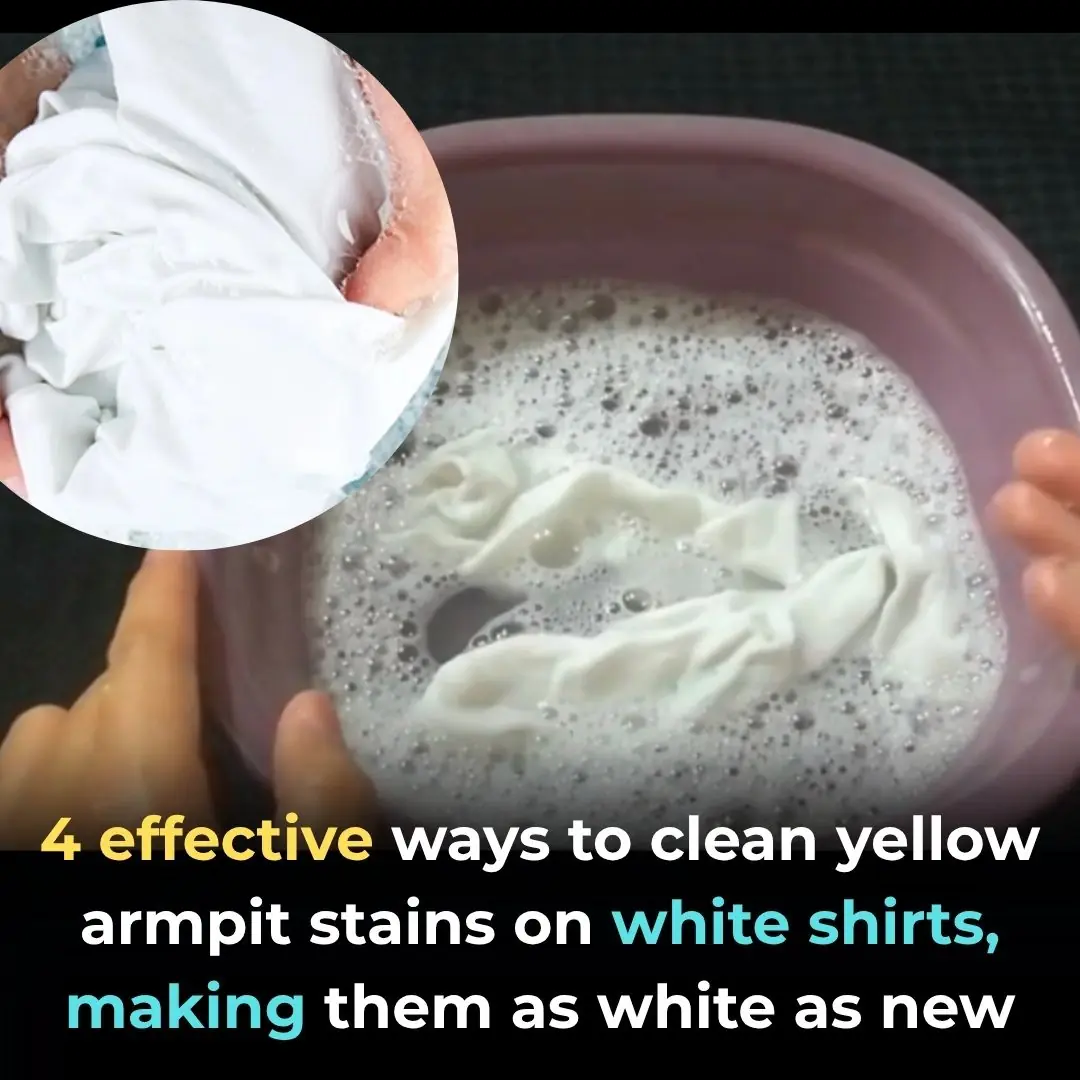
4 effective ways to clean yellow armpit stains on white shirts, making them as white as new

8 devices that consume the most electricity, twice as much as air conditioners: Remember to unplug after use, or your bill will skyrocket.

Golden tips for choosing ham: Identify borax with a simple, absolutely safe way
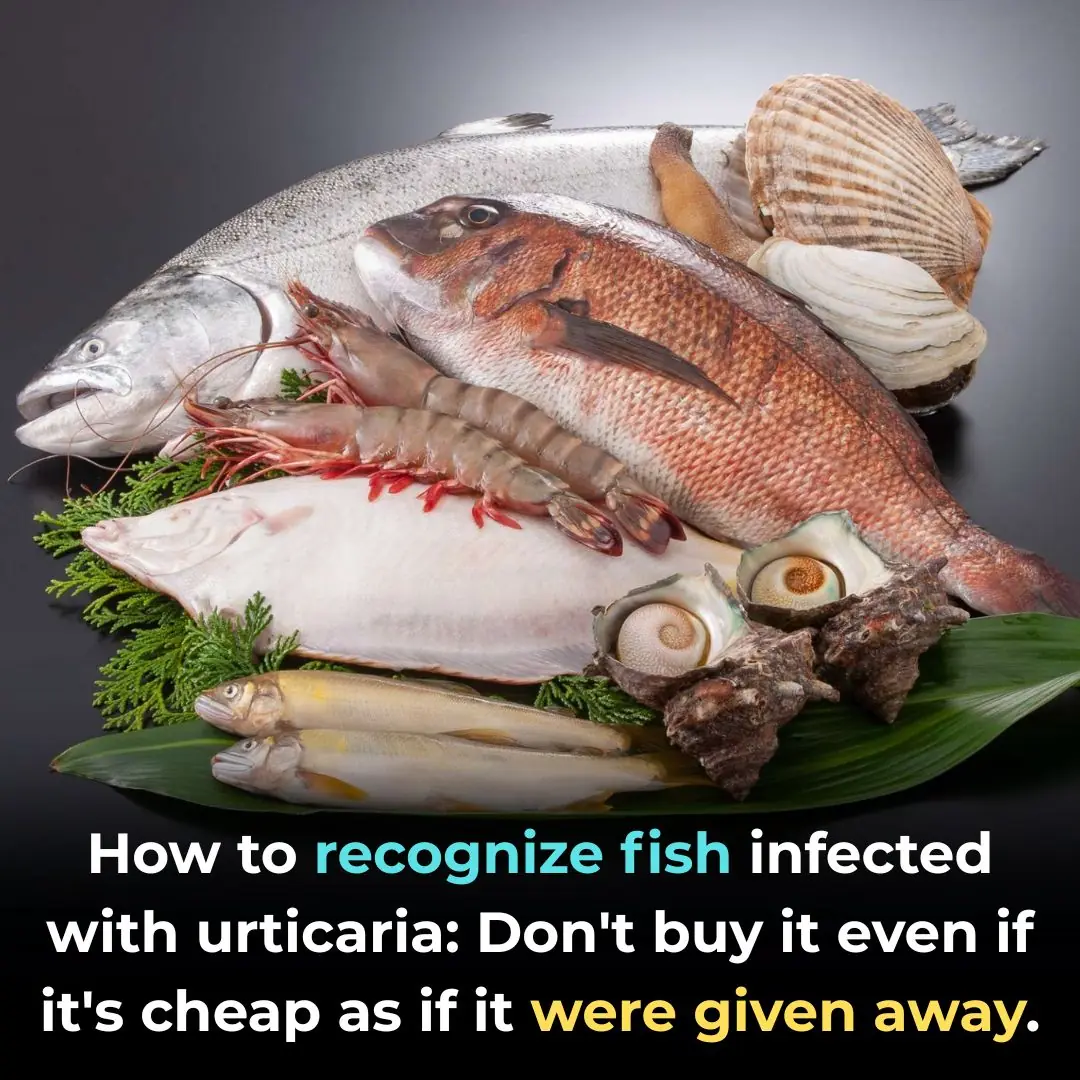
How to recognize fish infected with urticaria: Don't buy it even if it's cheap as if it were given away.
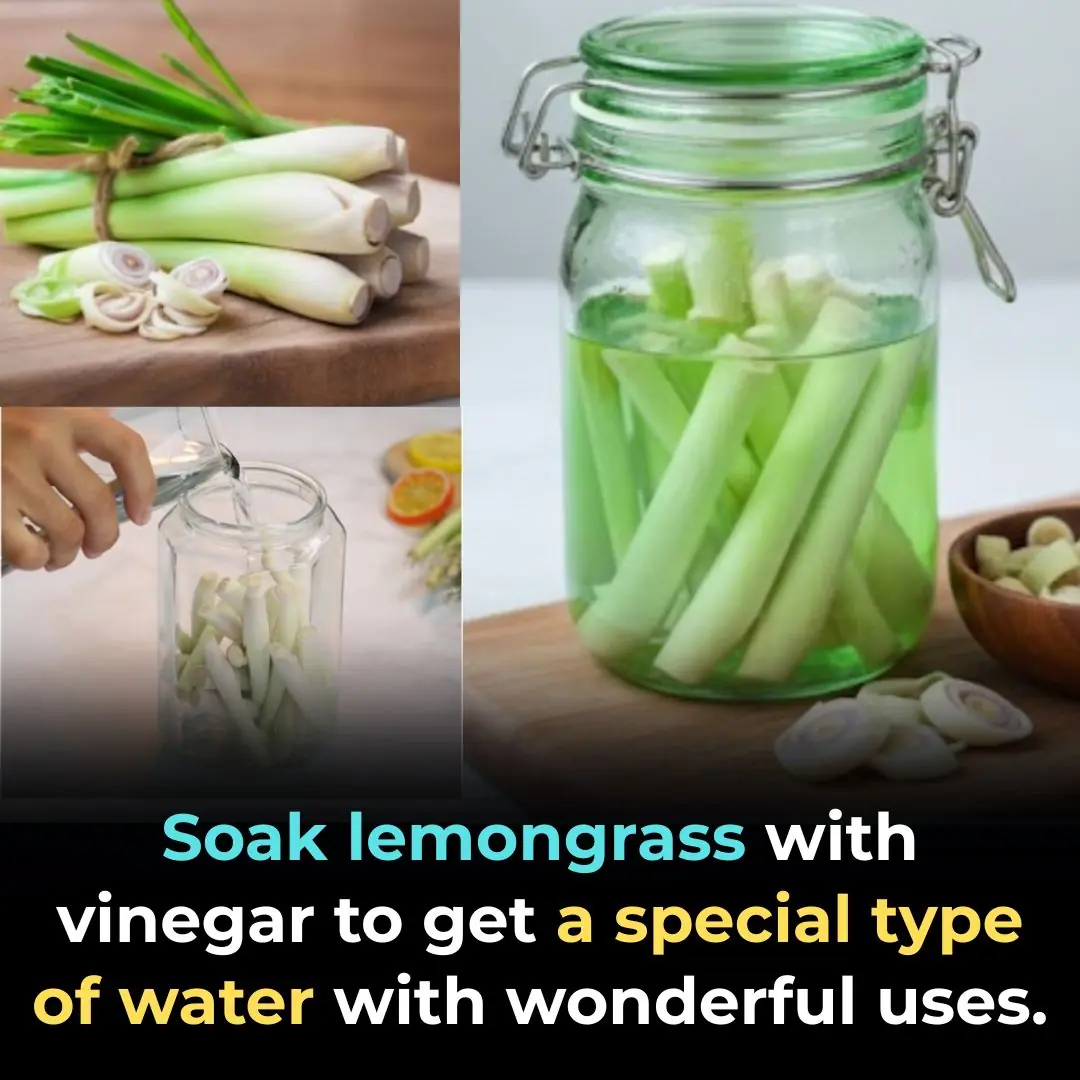
Soak lemongrass with vinegar to get a special type of water with wonderful uses.
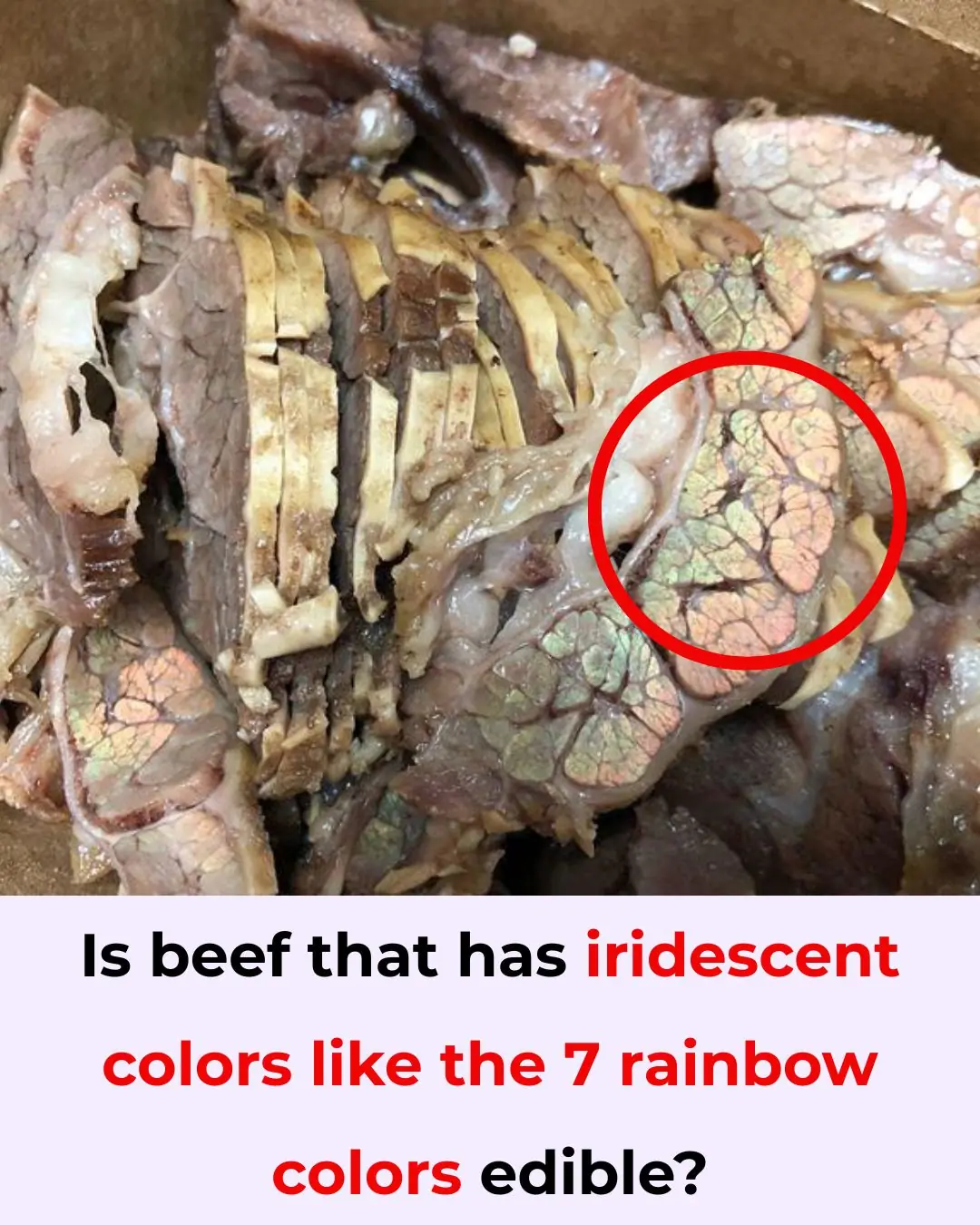
Is beef that has iridescent colors like the 7 rainbow colors edible?
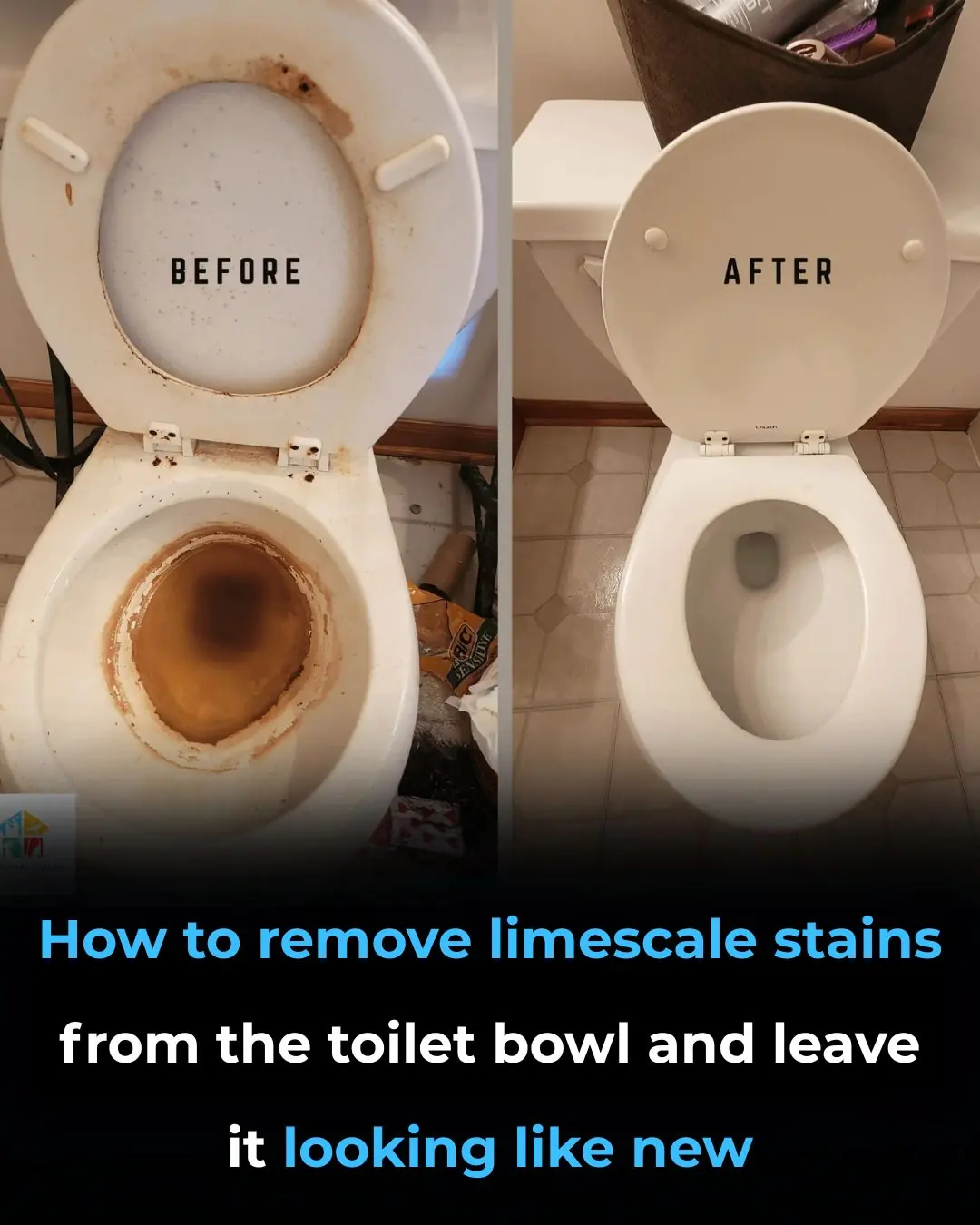
🚽 How to Remove Limescale Stains from Your Toilet Bowl — Naturally & Without Harsh Chemicals
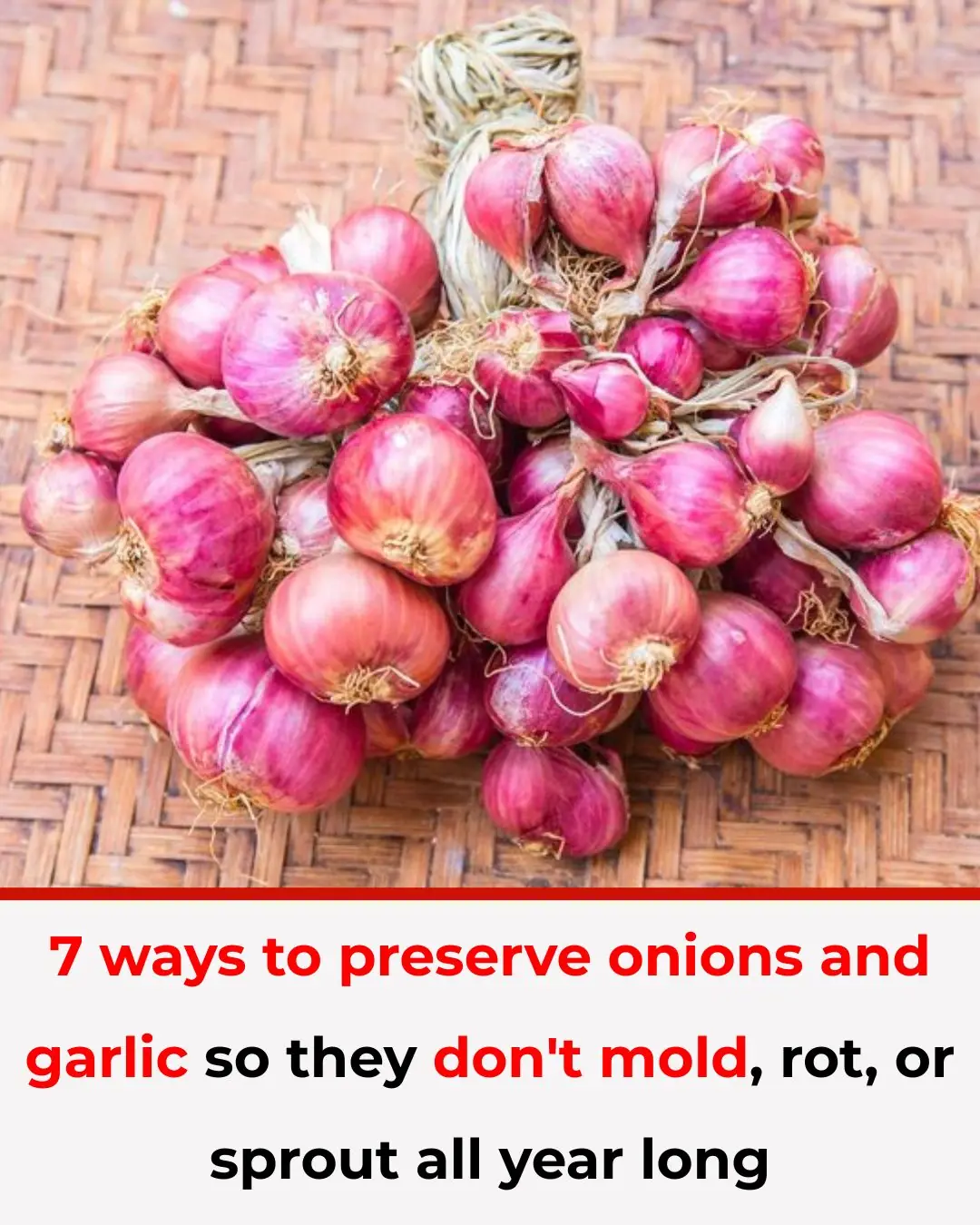
7 ways to preserve onions and garlic so they don't mold, rot, or sprout all year long

Squeeze lemon juice into the rice cooker before cooking? Simple operation but surprising effects

Put a bowl of salt in the refrigerator: A small but effective tip that makes me regret knowing it after 30 years

The Hidden Power of the Hole in Your Kitchen Knife — 7+ Surprising Uses You Probably Didn't Know
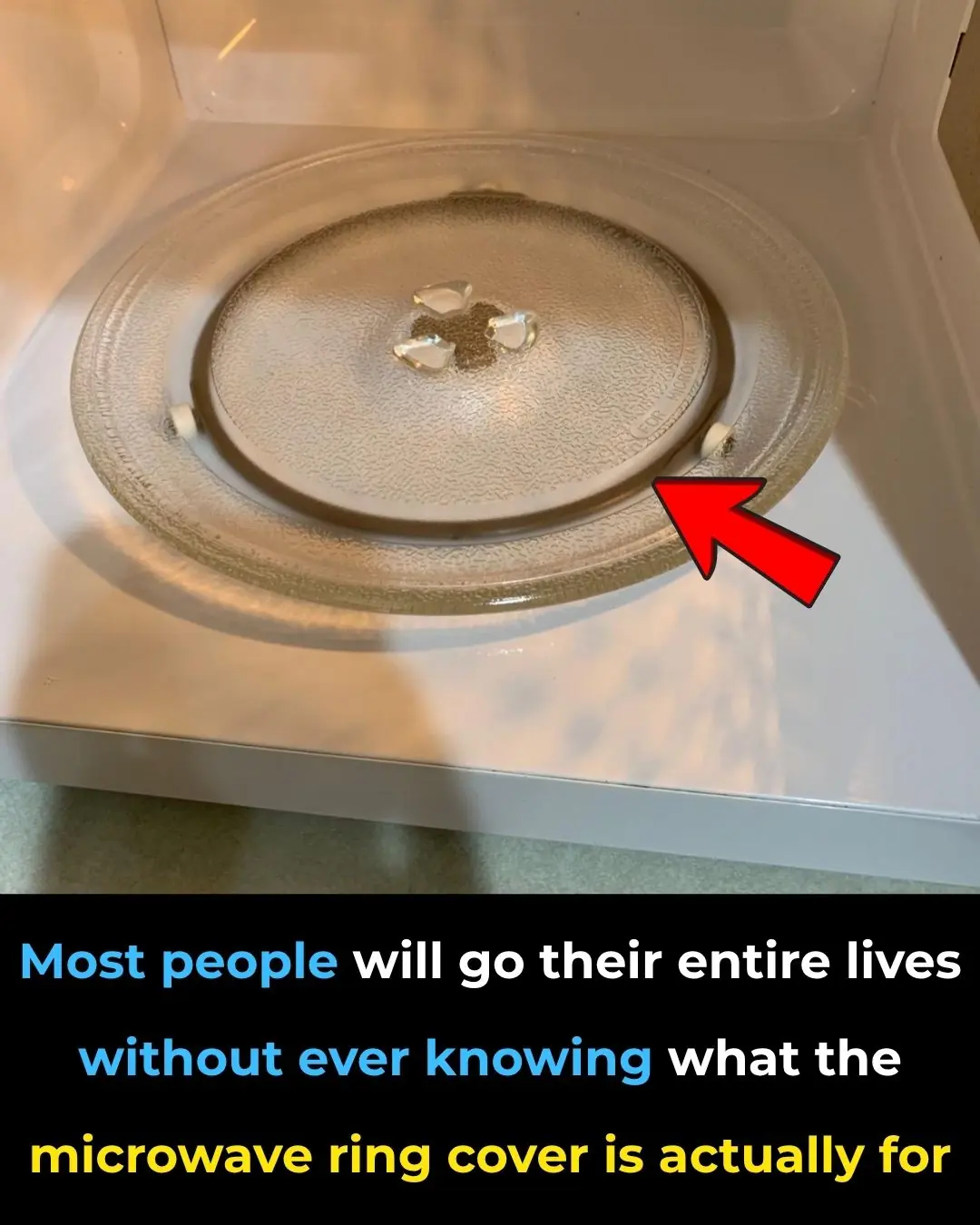
Most people will go their entire lives without ever knowing what the microwave ring cover is actually for

10 Morning Habits That Are Surprisingly Harmful to Your Health
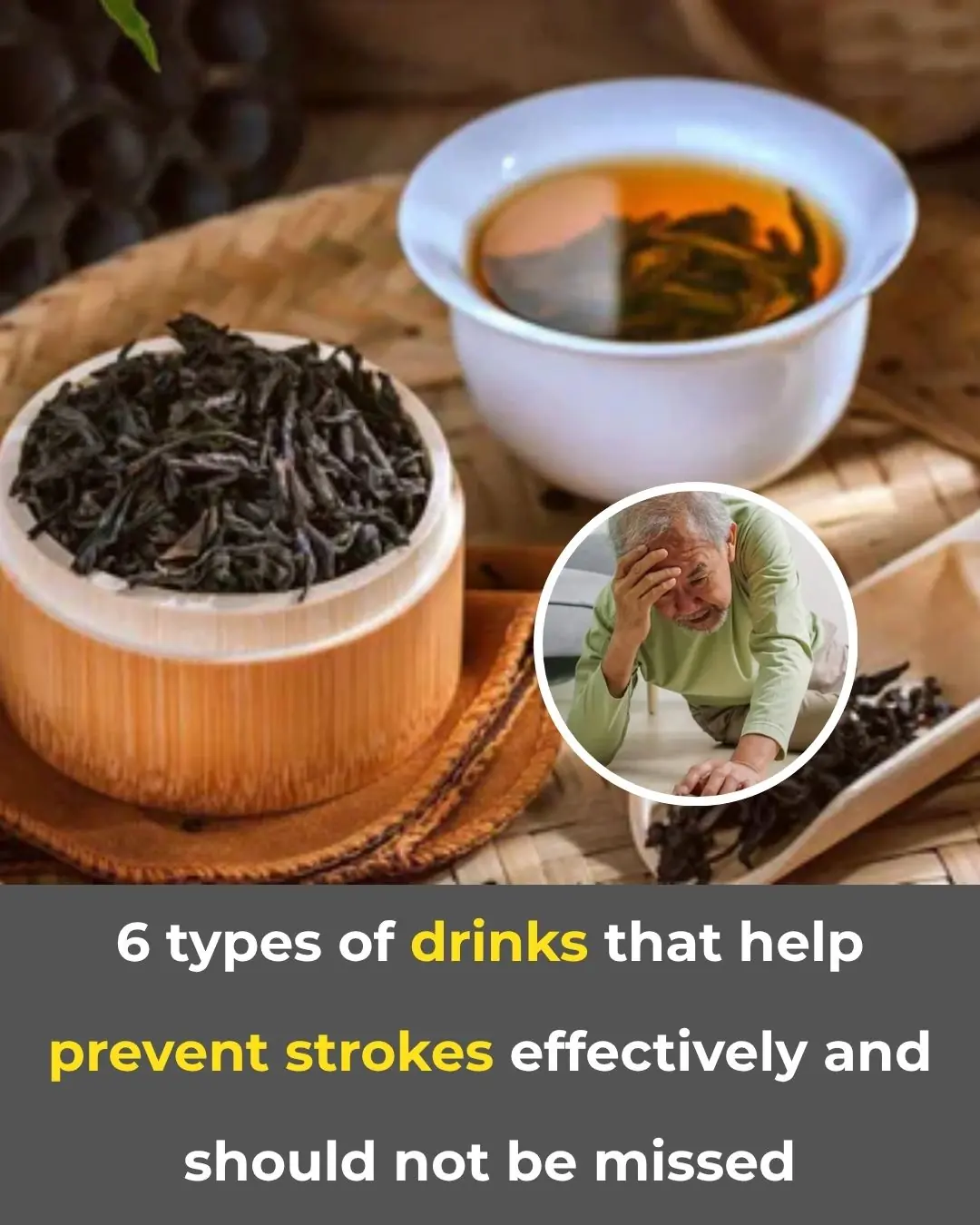
6 Effective Drinks to Help Prevent Stroke – Don’t Overlook These Choices

Keep your bathroom clean and fresh all year round by applying these 7 small habits.

The air conditioner only has wind but is not cool. If you do this, it will be 'cold'. No need to call a costly technician.
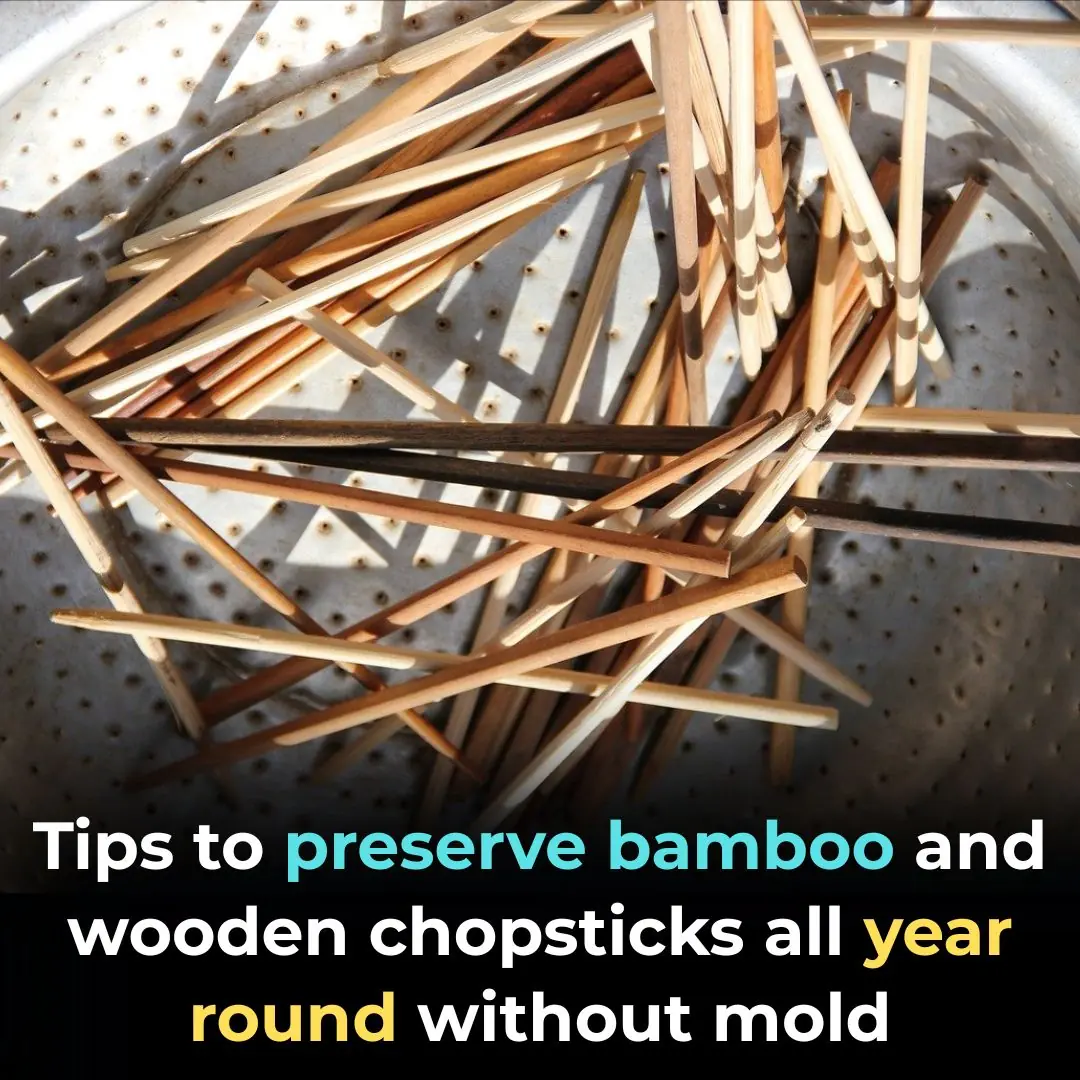
Tips to preserve bamboo and wooden chopsticks all year round without mold
News Post

Delta Sigma Theta Co-founder Osceola Macarthy Adams to Receive Historical Marker in Hometown of Albany, GA

Denzel Washington’s ‘Othello’ Makes Broadway History as Highest-Grossing Play Ever

A Girl, a Puppy, and the Arctic: The Enduring Story Behind an Iconic Photograph

The Punch That Turned into a Paw: A Photographer’s Unlikely Moment with a Kangaroo

Tomorrow, a Community Says Goodbye to K9 King: A Four-Legged Hero Who Will Never Be Forgotten

Meet Sister Rosetta Tharpe, The Godmother Of Rock ‘N’ Roll

Daddy’s Girl: A Bond Beyond Time

Tips for freezing tomatoes to eat all year round, the flavor is always fresh and delicious like freshly picked

Health benefits of lemon peel, don't throw it away and waste it

Actor Woody McClain to Release New Comic Book Series, ‘The Brotherhood,’ Inspired by the Men in His Family

Coco Gauff Celebrates 21st Birthday With New Balance Sneaker Release Honoring Her Grandmother & Florida Roots

Actively Black Turned NYFW Into Living History

4 effective ways to clean yellow armpit stains on white shirts, making them as white as new

8 devices that consume the most electricity, twice as much as air conditioners: Remember to unplug after use, or your bill will skyrocket.

Golden tips for choosing ham: Identify borax with a simple, absolutely safe way

How to recognize fish infected with urticaria: Don't buy it even if it's cheap as if it were given away.

Soak lemongrass with vinegar to get a special type of water with wonderful uses.
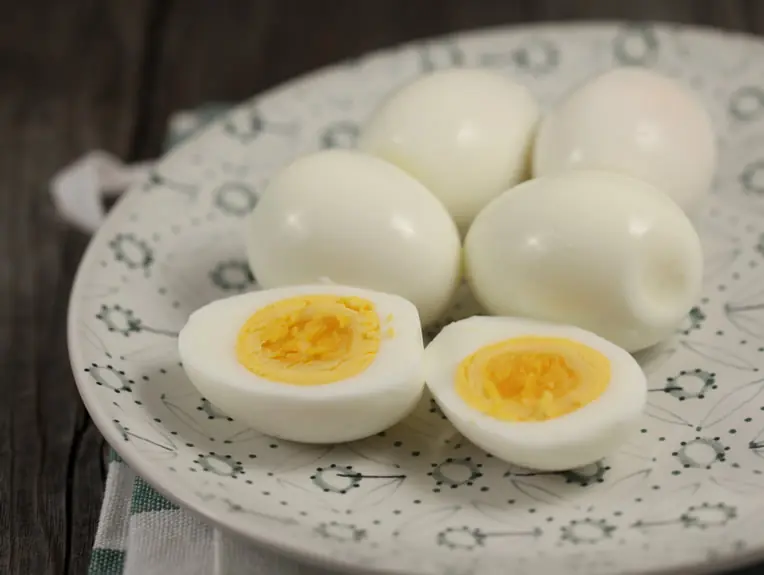
What Happens If You Eat 4 Whole Eggs a Day for 30 Days?
